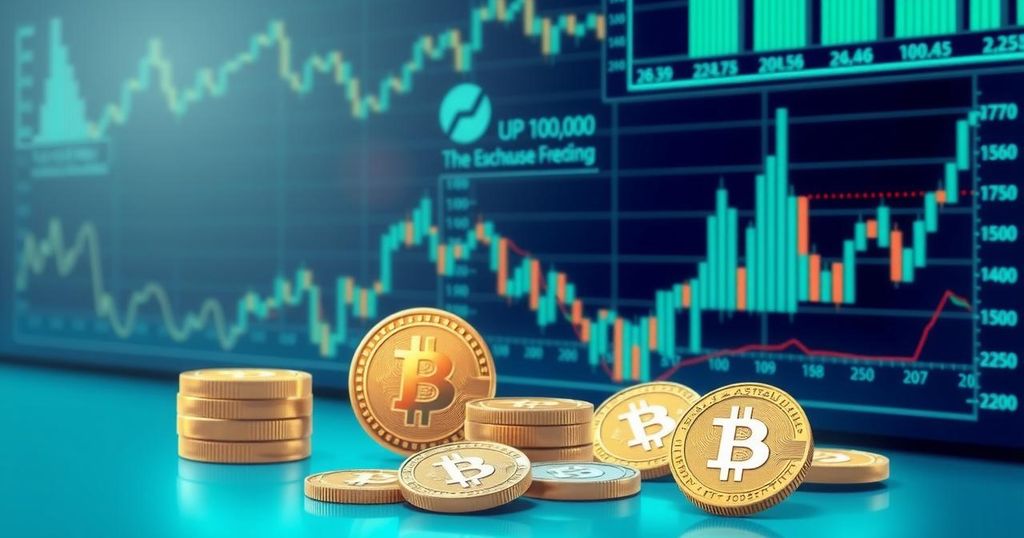Binance Faces Legal Challenges Amid Push to Expand Crypto Adoption
Binance has integrated fiat-to-crypto onramps with Apple Pay and Google Pay to attract new users in Web3. However, ongoing operational and regulatory issues could jeopardise this ambition. A recent AWS outage disrupted trading and led to significant losses. Coupled with legal battles in the US and Nigeria, the company’s reputation remains a concern. Regulatory collaboration has been suggested as vital for trust in the crypto industry.
Binance has recently integrated fiat-to-crypto onramp capabilities into two leading mobile wallets—Apple Pay and Google Pay—using Worldpay’s technology. The aim here? To attract a newer audience in Web3 and potentially add a billion users to the platform. Despite these efforts, ongoing issues at Binance may set back these ambitions significantly.
According to GlobalData’s Mobile Wallet Analytics 2024, this integration allows customers to easily convert their fiat to cryptocurrency right within the Binance app. Notably, Apple Pay and Google Pay together command over 25% of the mobile wallet market. However, just a week after this announcement, a major AWS Cloud outage led to trading disruptions, affecting Binance and causing a substantial crash in the Mantra (OM) token, which lost over $5.5bn in market value amidst the turmoil.
Binance has struggled with its reputation for some time now, which could contribute to wider scepticism about cryptocurrency usage and ownership. The exchange, which leads the global trading volume, has been wrestled with regulatory issues. Earlier this year, the SEC charged Binance with 13 counts for operating unregistered exchanges, causing uncertainty in the crypto sector. Although favourable regulations are on the horizon, the resolution remains pending.
Adding to its challenges, Binance faces an eye-catching lawsuit in Nigeria, reportedly for illegally operating without proper registration for more than six years. This situation is quite different from the U.S., where the SEC’s reticence to classify cryptocurrencies as a new asset class has complicated matters. Ironically, though, many in developing economies view Web3 as a viable alternative to traditional banking, possibly fuelling their search for independence from such institutions.
In the EU, France has also ramped up investigations into Binance for suspected breaches of anti-money laundering (AML) laws. Amid all of this, Binance’s CEO revealed to the Financial Times that various countries have reached out for guidance in establishing crypto regulatory frameworks.
Such collaboration could be a step in the right direction, especially since GlobalData’s Industry Polls show that 39% of potential crypto buyers are more inclined to invest if the industry sees stricter regulations. Whether Binance’s former CEO can provide valuable insights to countries like Pakistan and Malaysia, having served time for AML-related charges, is a double-edged sword for the industry’s broader future and credibility.




Post Comment